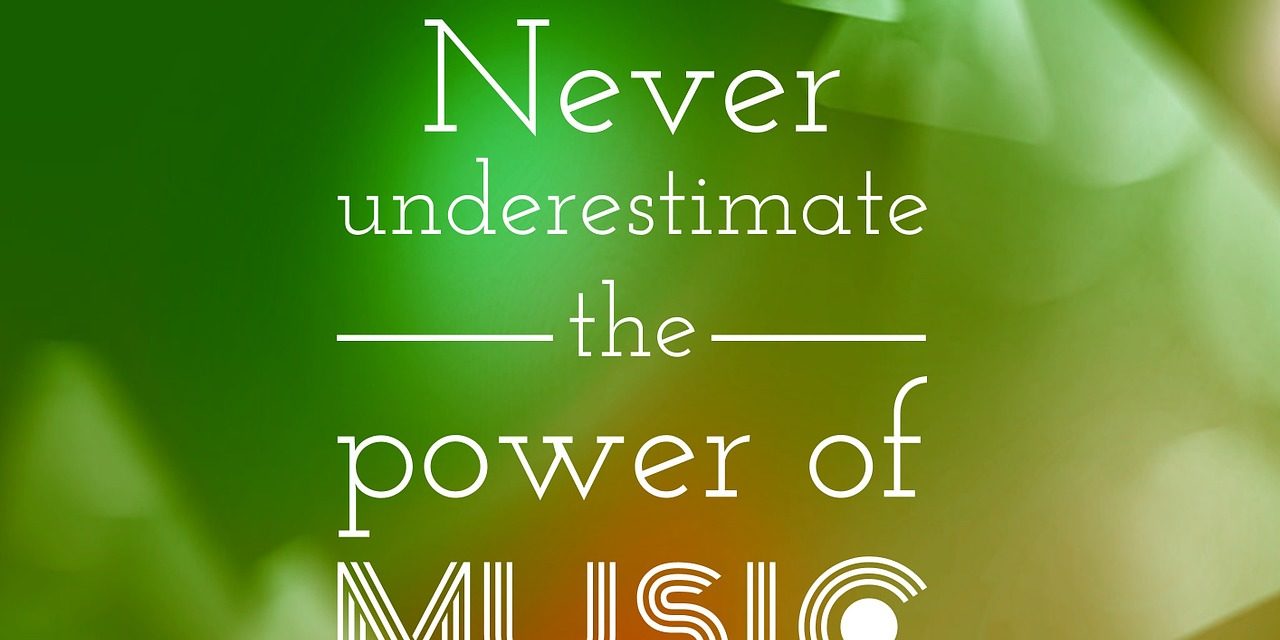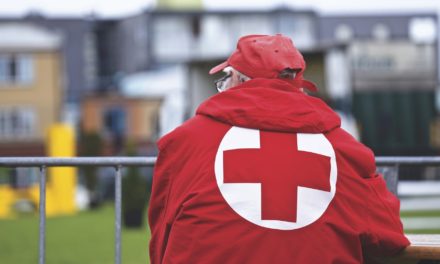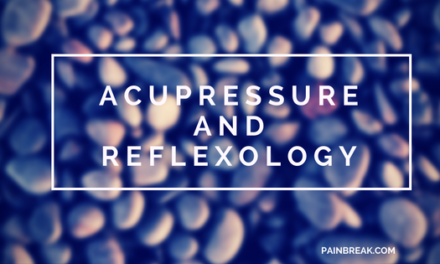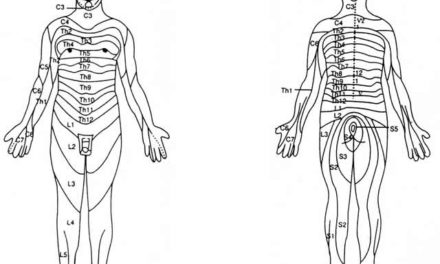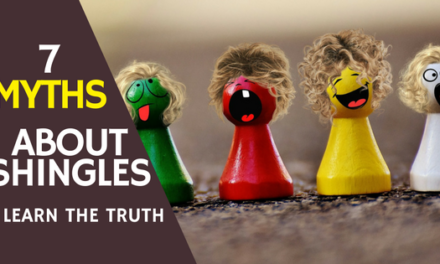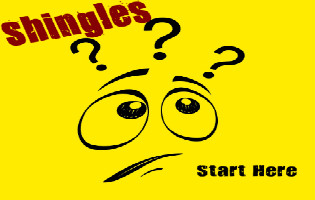[ad_1]
The Healing and Power of Music
Can Help With Post Herpetic Neuralgia Pain
Human beings don’t simply enjoy music. Our minds and bodies need and thrive on it. Sound and vibration stimulate every region of the brain. Music can heal and comfort. It can even free the soul.
Incorporate Healing Music Into Your Day: 3 Easy Tips
Are you wondering about how to incorporate healing music into your day? Good news! I’ve got 3 easy tips for you! First of all, how do you define healing music? Composers have been writing music specifically designed for healing or soothing / calming purposes for hundreds, if not thousands, of years. Then again, there is music that has been written for many other reasons, that millions of people find to be healing, calming, comforting and soothing.
As you probably know, when we are feeling stressed out, our bodies produce a substance called cortisol. Cortisol is very damaging to the body and causes damage to organs and all of our body systems. When we listen to soothing music, our bodies begin to relax and natural healing processes take over. After all, our bodies are naturally designed to heal themselves. If you get a scratch or a cut on your body, you do not need to do anything to make it heal, although putting a little Neosporin on it will prevent infection. But that does not actually cause the healing. It simply speeds the healing and prevents your cut or scratch from getting infected.
Most of us, without even thinking, turn on some kind of music first thing in the morning. It’s usually something that we really like, but not necessarily. It can actually be something that we just “tolerate,” waiting for something better to come on. So my first tip is:
- Become intentional about what you listen to! Think for just a minute, before you turn on your radio, or phone app, or even YouTube, exactly what you’re in the mood for. Are you looking for energy and some sonic caffeine; or are you looking for something that will calm you and help you start your day with relaxed focus.
Are you wanting to connect with people that will uplift you and make you feel “apart of” and not “apart from?” This leads us to tip # 2:
- Join a community chorus, band, or drum circle. If you played an instrument in the past and would like to again, please dust off your old instrument. If you always wanted to but could not, sign up for some lessons at the local community college or music store. You will be so glad you did. With or without training there are groups you can join today and sing or play a percussion instrument. It will lift your spirits and make you feel a part of something bigger than you!
And finally tip # 3:
- Have you been to hear a live, professional, symphony orchestra, ballet, or opera? Live musical performances are the best of all because you have the vibrations of 70 or 80 instruments as well as hundreds of people around you who are loving this music. Look in the newspaper for a live, upcoming performance by one of your local performing arts groups. Invite a friend, or several friends, plan dinner before, read a little about what the performance will be about, and make a fun evening of it. Who knows, a whole new world may very well open up to you!
“When you hear the music ringin’ in your soul
And you feel it in your heart and it grows and grows
And it comes from the backstreet rock & roll and the healing has begun”
– Van Morrison, “And the Healing Has Begun”
What is therapeutic music?
Therapeutic music for Post Herpetic Neuralgia is the use of sound and vibration to create a healing environment.
Music therapy formally began in the 20th century, after musicians went to play for World War I and World War II veterans at hospitals across the United States. Today, there are about 5,000 board-certified music therapists in the United States, according to the American Music Therapy Association.
Post Herpetic Neuralgia Treatment
The power of therapeutic music – helping with PHN pain
Intrinsically we know that music is good for us. It has been used to uplift the spirit and heal the body. It helps us with pain. It’s good for our mind, body and soul. Music allows you to go to a place where you can shed that pain.
The treatment has a scientific foundation and studies can see the effect of music on the brain. The brain is activated and lights up. This releases hormones and chemicals, positively affecting the other organs.
“Music is a moral law. It gives soul to the universe, wings to the mind, flight to the imagination, a charm to sadness, gaiety and life to everything. It is the essence of order and lends to all that is good and just and beautiful.” – Plato
Why it works
Scientific research back up the idea that music has healing properties. A 2013 analysis by Daniel Levitin, a prominent psychologist who studies the neuroscience of music at McGill University in Montreal, and his colleagues highlighted a variety of evidence: for instance, one study showed music’s anti-anxiety properties, another found music was associated with higher levels of immunoglobin A, an antibody linked to immunity.
The brain’s reward center responds to music – a brain structure called the striatum releases the chemical dopamine, associated with pleasure. Food and sex also have this effect. The dopamine rush could even be comparable to methamphetamines, Robert Zatorre, professor of neurology and neurosurgery at Montreal Neurological Institute, told CNN last year.
Simply stated: It works because music is universal and everyone relates to music.
Relaxing and soothing music for the soul, mind and body.
Listen to this meditation music while you close your eyes and calm your mind.
[ad_2]
